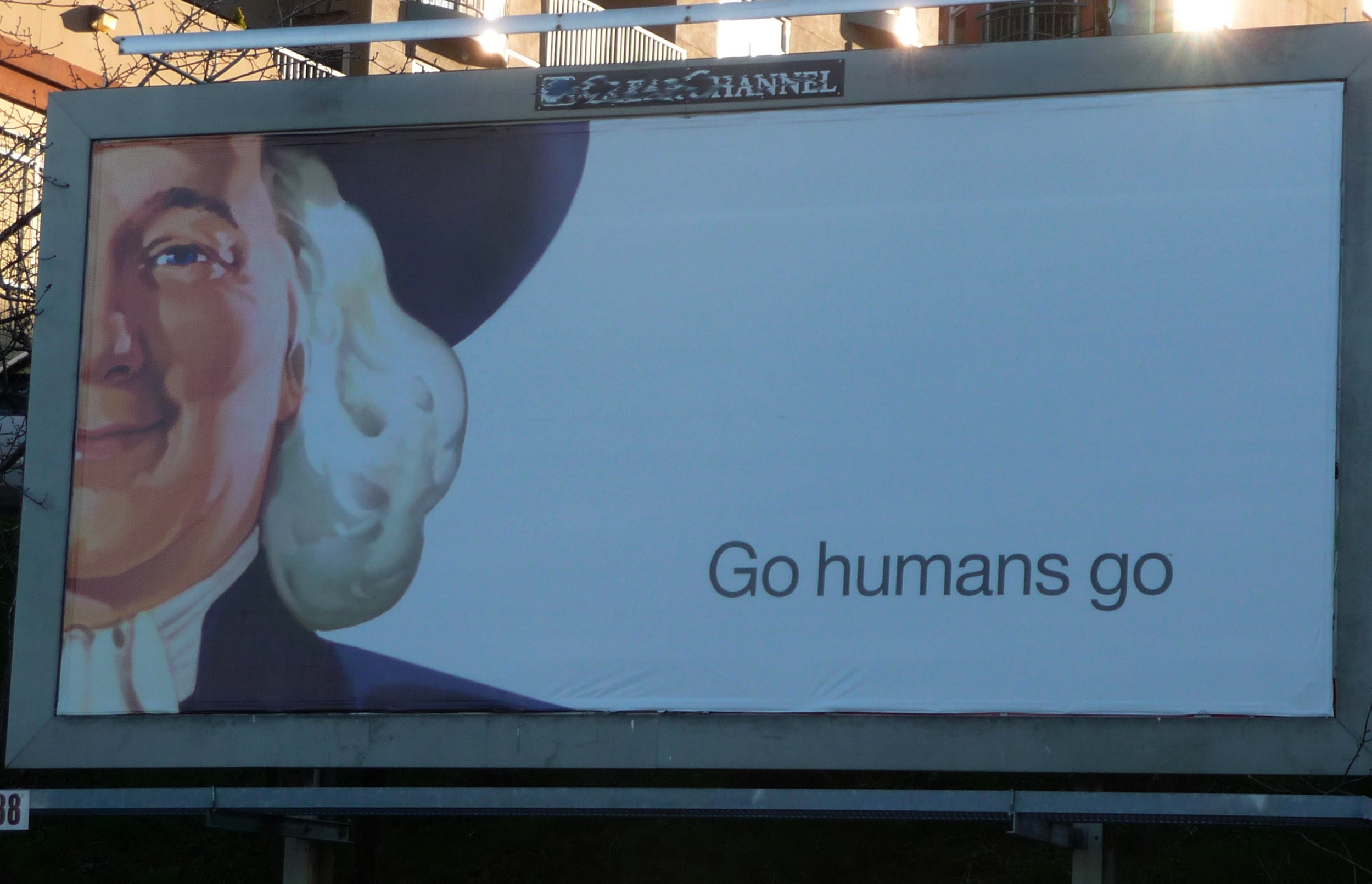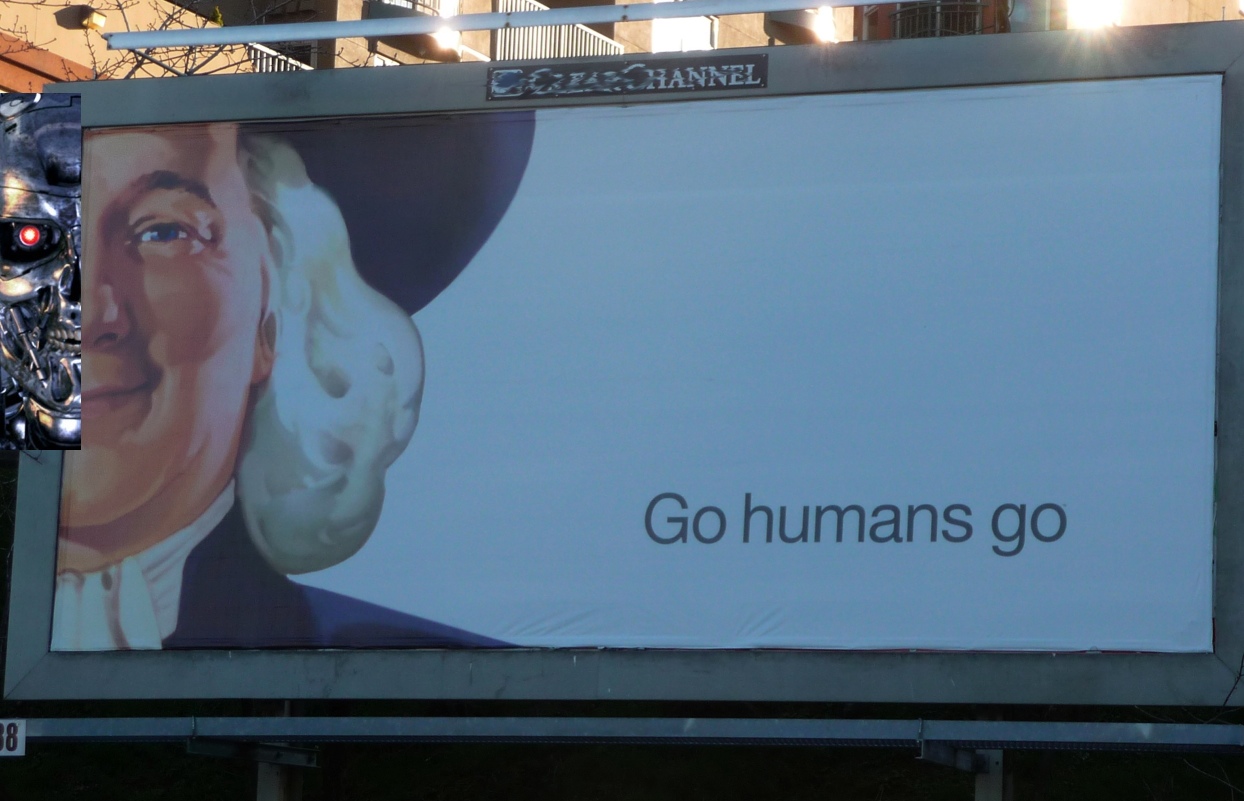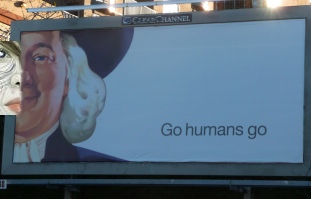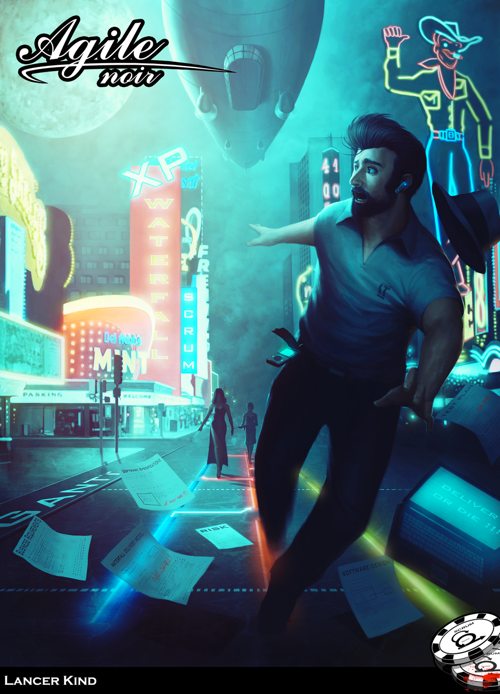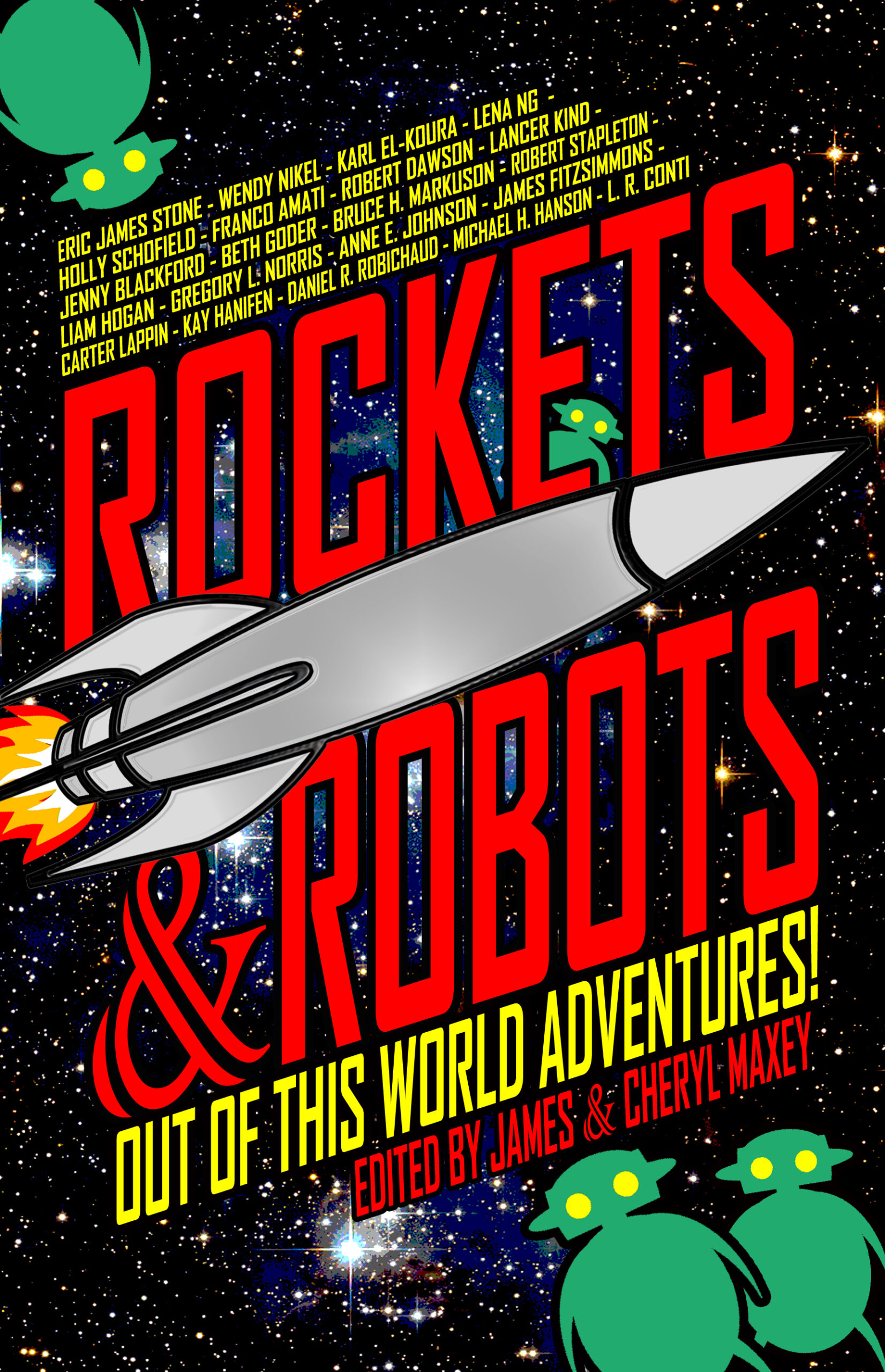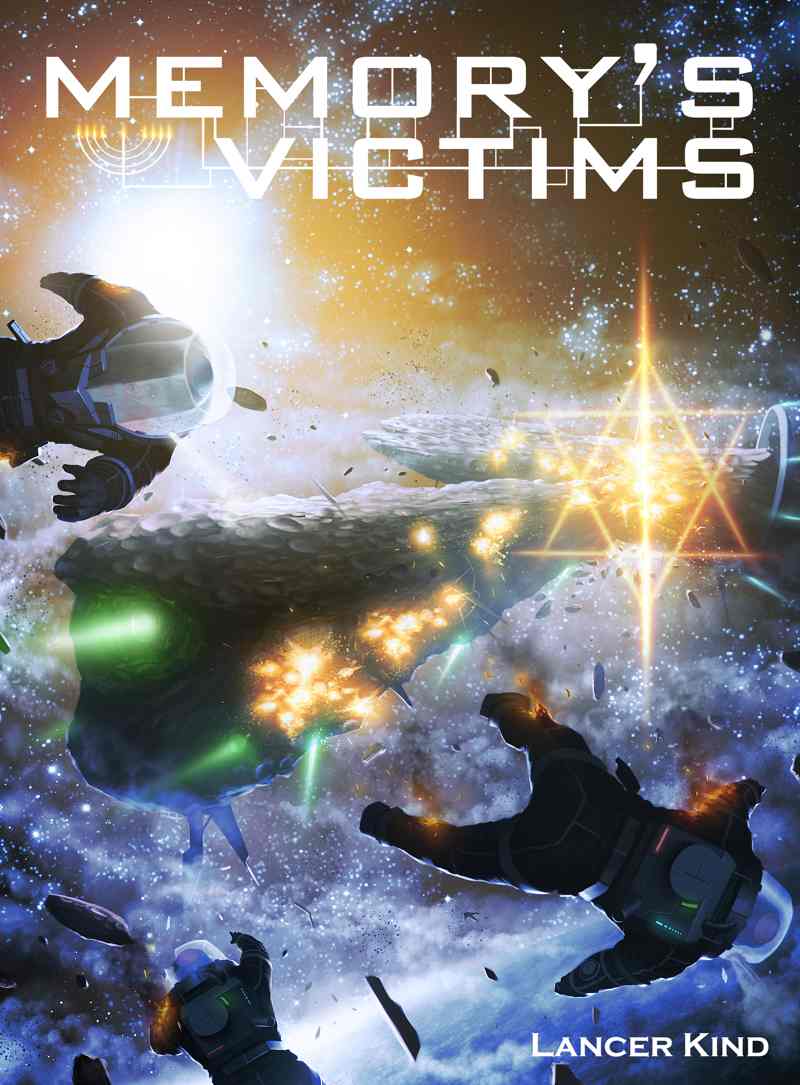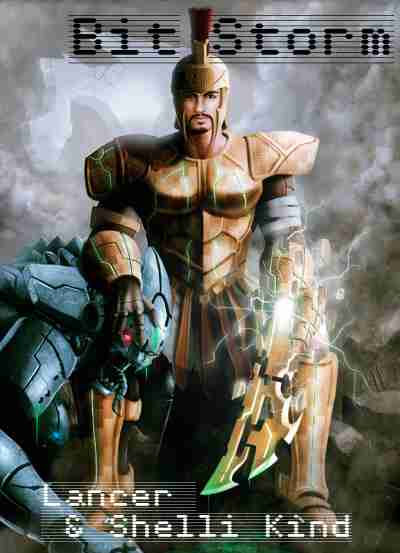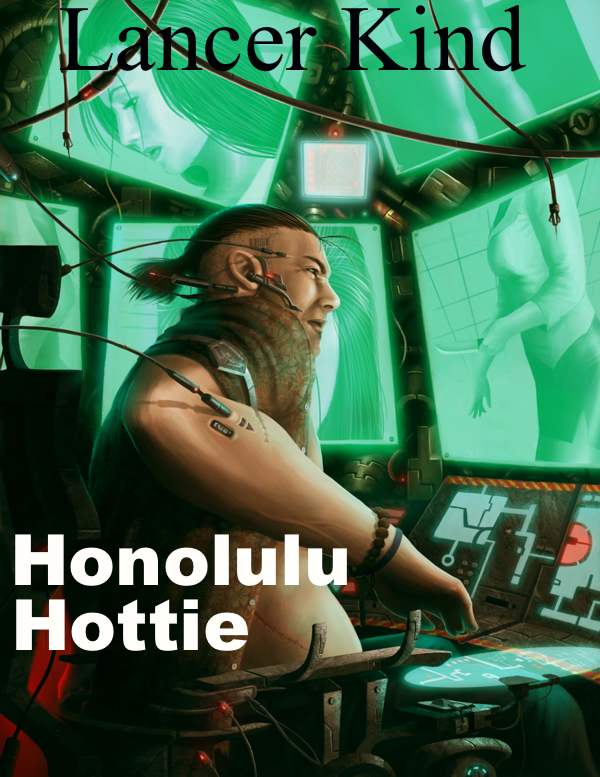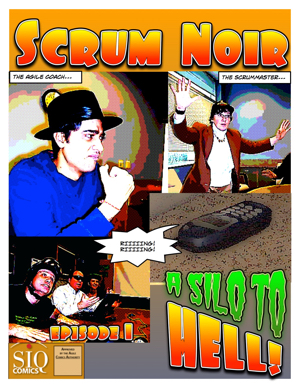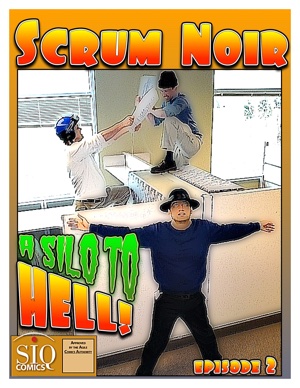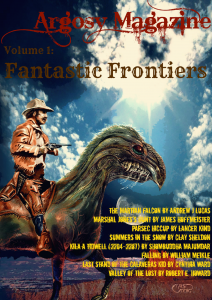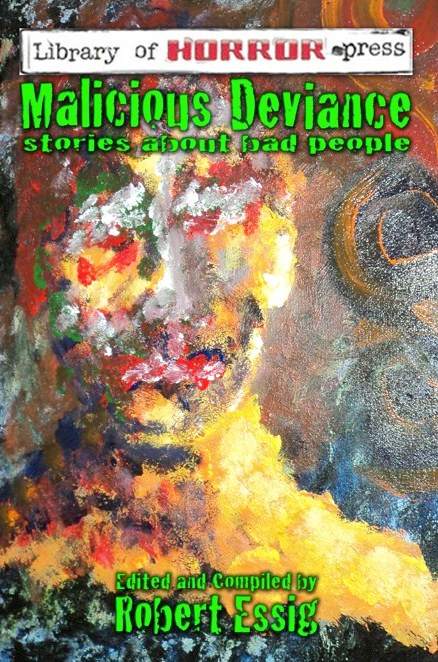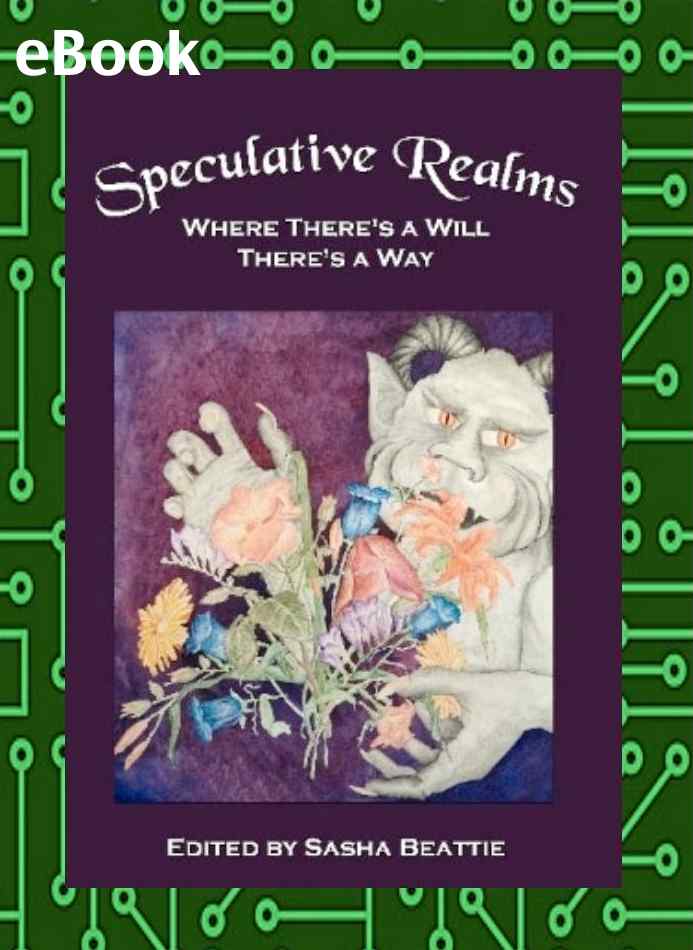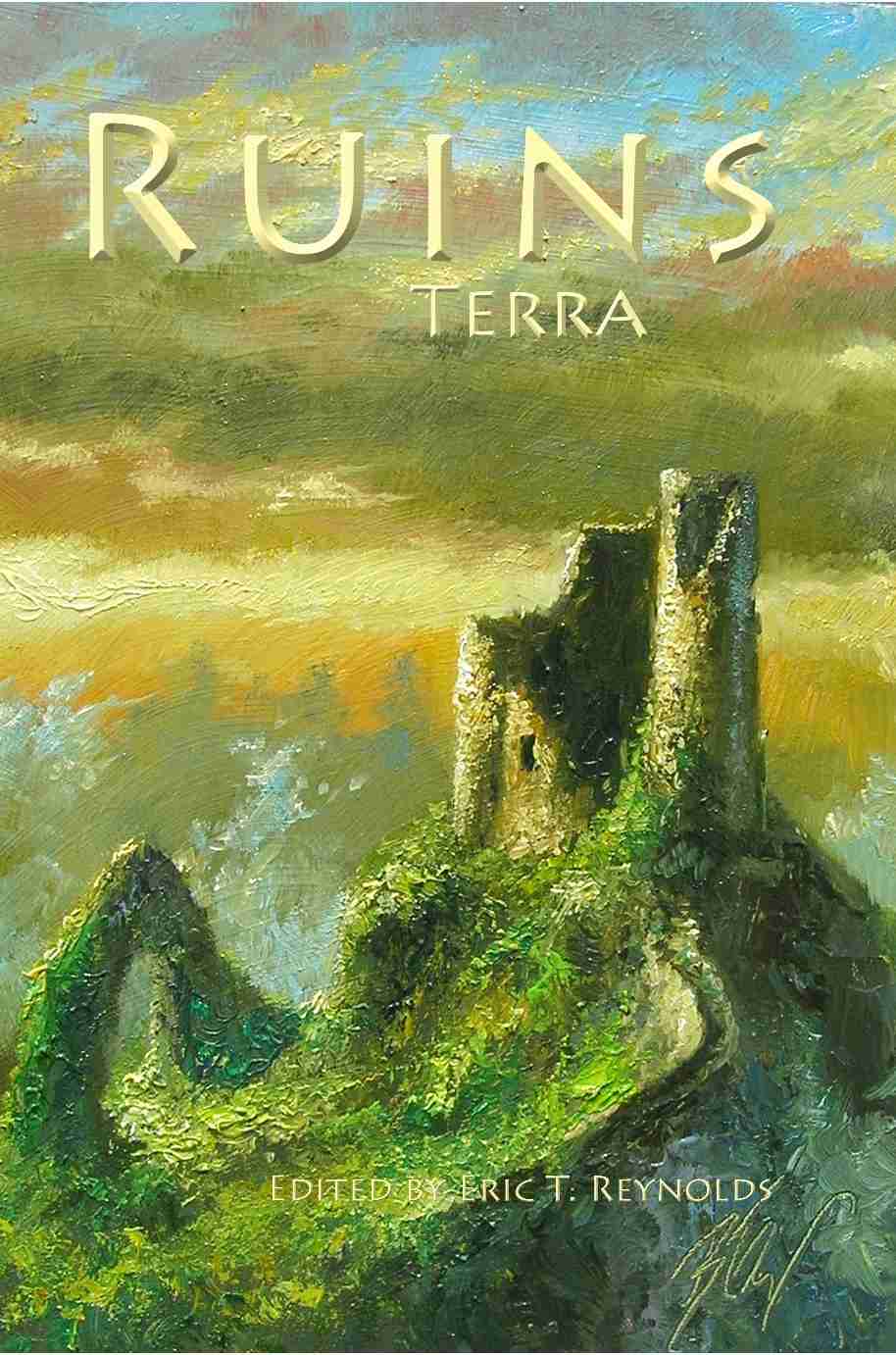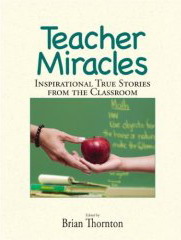As a survivor of the Bush years, reading John Brunner’s The Sheep Look Up was a roller coaster that climbed high into the “oh my God don’t they know that’s a bad idea,” and dove into chasms of sadness as the characters in the book struggled to survive.

(USA Today) This is LA in 2006 which is an improvement over the 1970s.
The Sheep Look Up is an advanced read, and you’ll know what I mean as soon as you page through a copy and see vignettes throughout. The story is set in the US and tells a story of how a country can pollute its water, air, ground, and food for profit. There are maybe ten point of view characters. The novel is made up of vignettes: newspaper clippings, poems, police reports, stock indices, and stories about what happened to character X because last we heard, she was being followed by the FBI. Structuring the novel this way allowed Brunner to paint a picture at a societal level of how profit drives corporations to pollute and why the government does little to stop it.

See summary box in the lower right. Click to read source.
The novel carefully makes you alarmed at what is happening, and then when you think that the characters have found a way to improve their lives, there’s some backlash that causes life to drop to a new low.
The most interesting part of the novel is the “Trainites” which are grassroots organizations of young people who read a series of non-fiction books by an Austin Train. The books exposed scientific studies about what kinds of bad things were making it into the water, food, and air. The Trainites formed communs which always had a chemist to test the food. Despite actions performed by the Trainites, life for the regular people of the U.S.A. continues to worsen. (A non-indegenous worm is imported which eats tuber crops, toxic spills show up from rusting barrels long buried.)
As the novel reaches its finale, closure is developed about each of the characters, so there is a sense of completeness to it all. The novel ends on a theme of revolution: if the industrial/ruling elites ignore the plight of the masses, the masses will reach a breaking point and revolt, no matter how “rude” or “unfair” such a revolt appears to the law of the land. Then the army will come in with guns, and then there will be a battle within the nation.
The afterward was written by environmentalist James John Bell who says “The Sheep Look Up, when first published in 1972, didn’t just inspire radical environmentalists, it became their Ecodefense manual.” Bell then writes about when he was student part of a group organizing to protest their campus McDonalds, an Earth First! group sprung up to help, lead by a woman who called herself Austin. Reading what Bell has to say about how The Sheep Look Up isn’t far from the current state of affairs in the US is worth the price of the book alone.

The China commute
Reading this book will give you a good idea of what it would be like to live day by day in this country when the pollution is so bad that you get a sore throat when you take a walk without wearing an air filter mask. When I visited Beijing, China in November, I and those who traveled with me got sore throats in about two days. It’s a city where jogging is bad for your health, and it will stay that way as long as people follow the flock because that is the “orderly thing to do.”
But hey, there is a new line of designer face masks out. So there’s no excuse to not to look stylin’.

And I'm so not kidding. I saw many filter masks like this on scooter riders. More so in Taiwan (better economy) than China.





